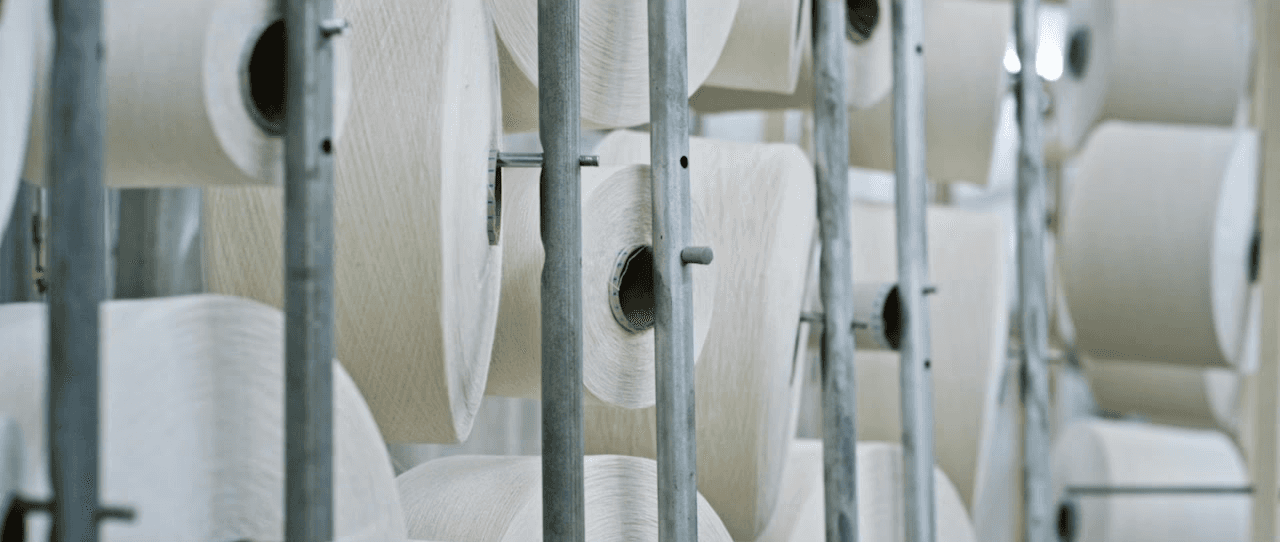The cut and sew industry stands at a critical juncture where ethical considerations are increasingly vital. From labor conditions to environmental impact, businesses are under scrutiny to ensure that every aspect of production adheres to ethical standards. However, navigating this landscape can be challenging, particularly when it comes to selecting a manufacturing partner. This article aims to provide a detailed yet accessible guide for businesses to determine the ethical integrity of cut and sew factories, empowering them to make informed decisions that align with their values and principles.
Ethical practices in cut and sew manufacturing encompass a multifaceted approach that addresses various aspects, including labor conditions, environmental sustainability, and compliance with industry regulations. Here's a closer look at each component:
Labor Conditions:
Fair Wages: Ethical factories ensure that workers receive fair compensation for their labor, providing wages that meet or exceed legal requirements and industry standards.
Working Hours: It's essential to verify that factories maintain reasonable working hours for employees, avoiding excessive overtime and ensuring compliance with local labor laws.
Health and Safety: Upholding ethical standards involves creating a safe and healthy work environment for employees, implementing measures to prevent accidents and occupational hazards.
Child Labor: Ethical factories strictly prohibit the employment of underage workers, adhering to international conventions and local regulations on child labor.
Environmental Sustainability:
Waste Management: Ethical manufacturers prioritize efficient waste management practices, including recycling initiatives and responsible disposal methods to minimize environmental impact.
Resource Usage: Sustainable factories aim to minimize resource consumption, including water, energy, and raw materials, while exploring renewable alternatives wherever possible.
Chemical Management: Ethical production facilities adhere to strict regulations governing the use and disposal of chemicals, opting for eco-friendly alternatives to minimize harm to the environment and human health.
Compliance and Certifications:
Social Compliance: Ethical factories demonstrate commitment to social responsibility by adhering to internationally recognized labor standards, such as those established by the International Labour Organization (ILO).
Certifications: Look for certifications and accreditations that validate a factory's commitment to ethical practices, including Fair Trade, WRAP (Worldwide Responsible Accredited Production), and ISO 14001 for environmental management.
Choosing the Right Factory
Selecting a manufacturing partner requires careful consideration and due diligence to ensure ethical practices. Here's a step-by-step guide:
Research and Due Diligence:
Reputation Assessment: Conduct thorough research on prospective factories, considering factors such as reputation, longevity in the industry, and any past ethical controversies.
On-Site Visits: Whenever possible, visit the factory in person to assess working conditions, production processes, and overall adherence to ethical standards.
Documentation Review: Request relevant documentation, including labor contracts, environmental impact assessments, and certifications, to verify compliance with ethical guidelines.
Transparent Communication:
Open Dialogue: Foster transparent communication with factory management to discuss their approach to ethical practices, addressing any concerns or questions openly and honestly.
Inquire About Policies: Seek clarification on labor practices, environmental policies, and any specific ethical considerations relevant to your industry or product.
- Address Concerns: If discrepancies or red flags arise during the evaluation process, raise them with factory management and work collaboratively to resolve issues.
Collaboration and Partnership:
Long-Term Relationships: Prioritize partnerships with factories that share your commitment to ethical values and principles, fostering long-term relationships built on trust and mutual respect.
Support Improvement Initiatives: Encourage factories to implement continuous improvement processes aimed at enhancing ethical practices, offering support and guidance where necessary.
Monitoring and Evaluation: Establish mechanisms for ongoing monitoring and evaluation of factory performance, ensuring that ethical standards are consistently upheld throughout the production process.
Ensuring ethical practices in cut and sew manufacturing is a multifaceted endeavor that requires diligence, transparency, and collaboration. By understanding the nuances of ethical considerations and following a systematic approach to factory selection, businesses can uphold their commitment to social responsibility and environmental sustainability. Through research, transparent communication, and collaborative partnerships, ethical integrity can be embedded into every aspect of the production process, fostering a more equitable and sustainable industry landscape for the future.


